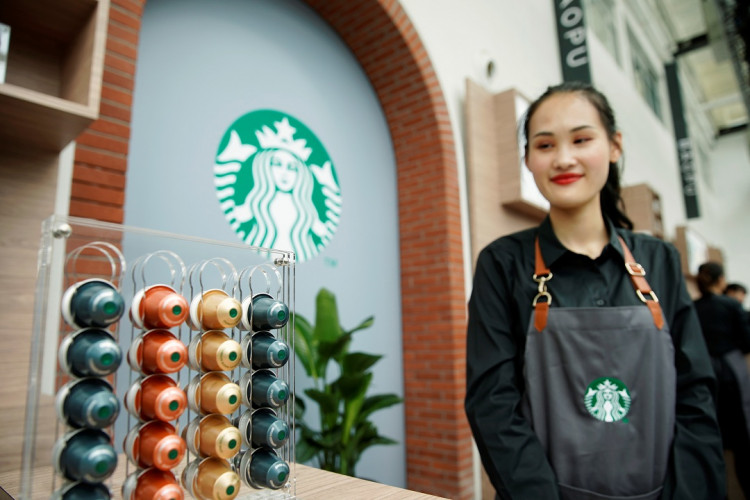Starbucks has announced a pivotal shift in its approach to unionized employees, signaling a potential end to the long-standing impasse with Workers United, the union representing a segment of the coffee giant's baristas. In a move toward reconciliation, the company has committed to implementing wage increases for workers at its unionized stores, aligning their compensation with the pay hikes previously extended to nonunion employees in May 2022. This development, emerging from recent mediation talks, represents a significant thaw in relations between Starbucks and Workers United, an affiliate of the Service Employees International Union (SEIU).
The wage adjustments, indicative of Starbucks' goodwill, propose a 5% raise for employees with two to five years of service, or a rate 5% above the market's starting pay, whichever proves more beneficial. For those surpassing five years of tenure, a 7% increase is on the table, or an alternative of 10% above the market's commencement salary. This adjustment was initially introduced under the tenure of former CEO Howard Schultz, whose staunch anti-union stance had previously stirred controversy among workers, political figures, and consumers alike. Laxman Narasimhan, the current CEO, has been steering the company toward a more inclusive dialogue with its partners, a term Starbucks uses to refer to its employees, since assuming leadership nearly a year ago.
In addition to wage increases, Starbucks has also agreed to extend the benefit of credit card tipping to its unionized cafes, a perk that has been available in nonunion stores for over a year. This move is part of a broader discussion framework aimed at establishing collective bargaining agreements for the unionized locations, marking a considerable advancement in the dialogue between Starbucks and Workers United.
The announcement arrives on the heels of a wave of unionization efforts across Starbucks stores in the U.S., with employees at 21 locations recently petitioning the National Labor Relations Board to join Starbucks Workers United. This surge in union activity, the largest since the movement's inception in Buffalo, New York, in December 2021, underscores a growing demand among Starbucks workers for better wages, fair scheduling, improved benefits, and safer working conditions.
The union's call for higher standards has been amplified by recent incidents, such as a stabbing at a Starbucks location in Chicago's Loop, highlighting the urgent need for enhanced safety measures for staff. Despite some resistance, with notable rejections of unionization at certain stores including the world's largest Starbucks Reserve Roastery in Chicago, the movement has gained significant momentum, with nearly 400 stores and about 10,000 employees across 42 states and Washington D.C. choosing to form a union.
Starbucks' commitment to equalizing benefits for unionized workers, including the provision of credit card tipping, addresses one of the critical grievances Workers United had voiced against the company. The union had previously criticized Starbucks for excluding unionized stores from certain benefits announced in November following a record sales year, arguing that such exclusions were unlawful.
As Starbucks and Workers United embark on this new chapter of negotiations, the focus remains on building a fair and constructive relationship that honors the contributions of all partners. This evolving dialogue reflects a broader trend in the labor movement, emphasizing the importance of collective bargaining and worker representation in shaping equitable workplace policies.






